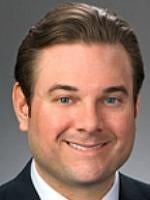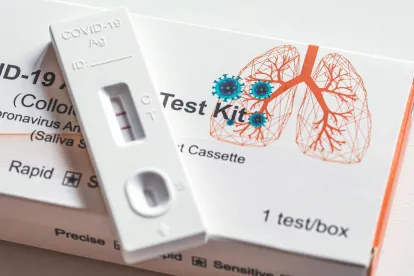Prepare for another big shift in health care operations. On January 30, 2023, President Joe Biden announced he would not extend the COVID-19 Public Health Emergency (PHE) beyond its current expiration date of May 11. The PHE was declared by former President Donald Trump in March of 2020 as COVID-19 began to spread around the nation. The waivers and other regulatory changes instituted in its wake have impacted nearly every facet of health care services. The expiration of the PHE will bring about the termination of several policy waivers and discretionary enforcement that have expanded federal health care programs, payments, and prescribing flexibilities to millions of Americans.
Approaching Reversions
A big point of uncertainty is the fate of telemedicine prescribing after May 11. Under non-PHE conditions, the Controlled Substances Act (CSA)—as modified by the Ryan Haight Online Pharmacy Consumer Protection Act of 2008—requires providers to conduct an in-person medical evaluation prior to prescribing controlled substances to the patient.[1] Additionally, under non-PHE conditions, the CSA requires practitioners to obtain a separate Drug Enforcement Agency (DEA) registration in each state in which they practice.[2] Due to the PHE, the DEA currently has exceptions that permit controlled substances to be prescribed via telehealth without an in-person examination.[3] Practitioners can also prescribe controlled substances in any state so long as they are registered with the DEA in at least one state.[4] Both exceptions are explicitly linked to the PHE, and upon expiration of the PHE, the stricter requirements of the CSA will once again govern prescribing practices.
On February 24, the DEA announced proposed permanent rules for prescribing controlled substances through telemedicine. The proposed rules would provide narrow and limited instances for prescribing controlled substances via telemedicine without first conducting an in-person evaluation of the patient after expiration of the PHE. The timing of this announcement, and the following 30-day comment period, suggests the DEA is attempting to implement these changes prior to May 11. Without such a change prior to May 11, providers should anticipate the in-person exam requirement will be enforced in most situations where a course of treatment warrants the utilization of controlled substances.
Although not strictly linked to the PHE period, Medicaid’s “continuous enrollment” provision is set to expire on April 1. The continuous enrollment provision has been used to expand and maintain Medicaid coverage to an estimated 8.2 million Americans by requiring states to maintain Medicaid coverage and barring terminations during the PHE. As of April 1, states will return to reviewing each enrollee’s eligibility and terminating non-eligible enrollees. Providers should review the Medicaid status of their patients to ensure accurate accounting and that patients do not become personally responsible for treatment.
Future Changes
The Consolidated Appropriations Act of 2023 decoupled several PHE provisions from the PHE period and established December 31, 2024 as the date for a phase out of selected rule changes.[5] The following provisions will continue until December 31, 2024:
-
Providers can bill Medicare for telehealth services rendered to enrollees, regardless of the patient’s or provider’s location at the time of service.
-
Audio-only telehealth visits are reimbursable.
-
Expanded provider types eligible to deliver telehealth services, including audiologists, occupational and physical therapists, and speech language pathologists.
-
Recertification for hospice care can be conducted through telehealth.
-
Federally Qualified Health Centers and Rural Health Clinics can provide telehealth services to Medicare beneficiaries.
The COVID-19 vaccination requirement for designated health care workers will not be affected by the PHE expiration. The requirement was instituted through a Centers for Medicare and Medicaid (CMS) Condition for Coverage and survey rule change and is unrelated to the PHE declaration. Moreover, President Biden has indicated he will veto any Congressional bill that would eliminate COVID-19 vaccine mandates for health care providers. Hence, it is unlikely the vaccine requirement will significantly change. Providers will need to ensure continued adherence to CMS rules regarding vaccination status and documentation.
It is imperative that providers are aware of how the expiration of the PHE impacts their prescribing, billing, and practice.
FOOTNOTES
[1] Ryan Haight Act § 2.
[2] 21 U.S.C. 802(21)
[3] 21 U.S.C. 802(54)(D)
[4] See DEA067
[5] See Public Law 117-328, Title IV




 />i
/>i

